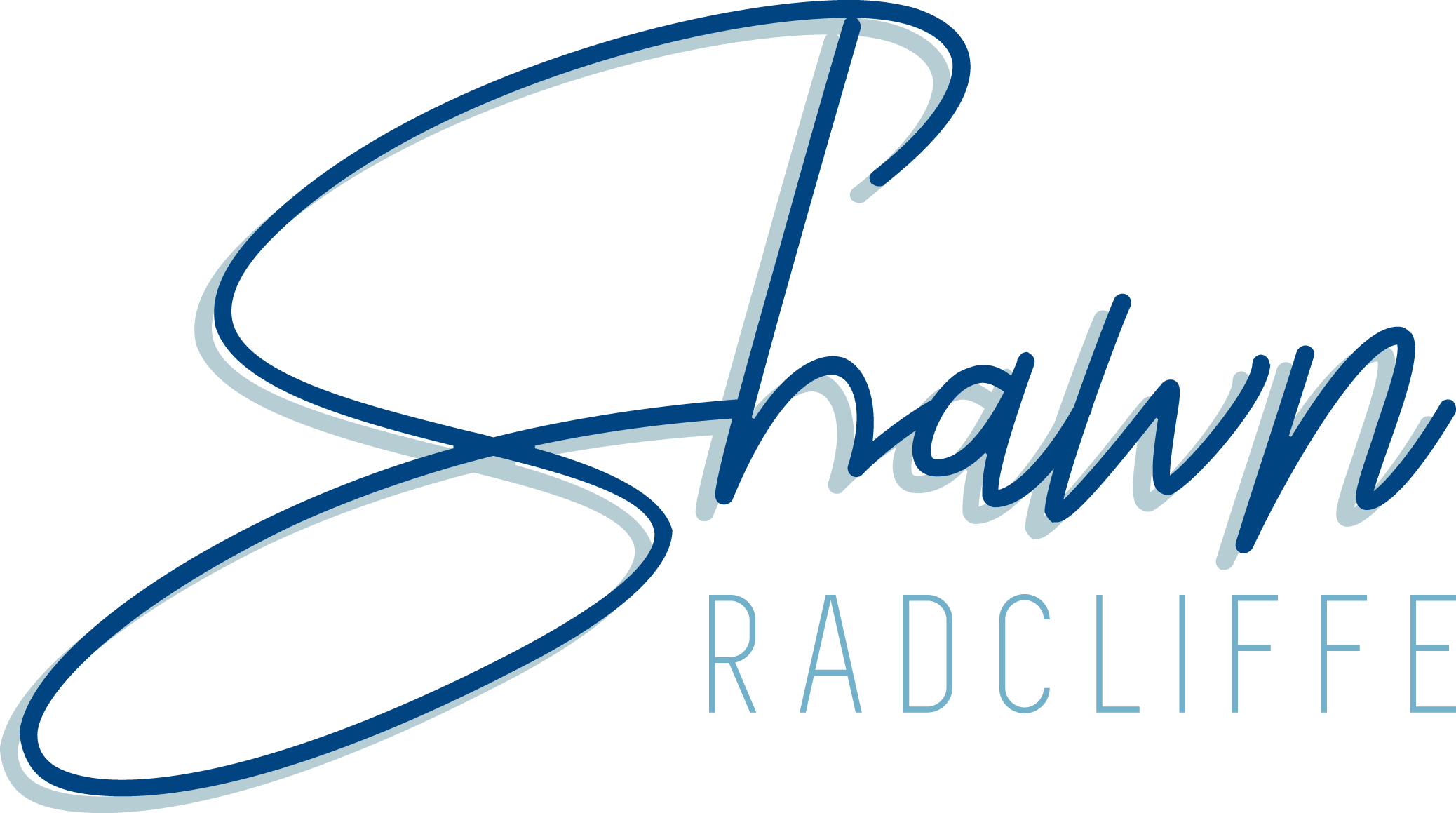If you write health articles, you eventually have to find medical studies related to the things that you’re writing about, whether it’s medications, devices, medical procedures, or other health topics.
But it’s not just health writers who need evidence to back up their writing. I’ve talked to many yoga teachers who are interested in writing about the science behind yoga, mindfulness, and meditation.
Conducting research online is not as hard as it seems. Even new health health writers or yoga teachers with little experience searching for scientific and medical literature can get started easily.
Tools for conducting research online
Several tools are available to help you conduct research online, including medical journal websites; the National Institutes of Health’s medical journal search engine PubMed; and Google Scholar.
Each of these have their own strengths and weaknesses:
Medical journal websites: If you regularly read a scientific or medical journal like JAMA or Science, their website is the easiest place to find new studies published in those journals. You can even sign up for email alerts so you never miss a new paper when it is published.
But if you only check these websites, you risk missing out on important studies being published in other journals.
PubMed: This is the go-to source of new scientific and medical papers for many health writers. It mainly includes references and abstracts on life sciences and biomedical topics from the MEDLINE database. If you write health articles, this should capture most of what you need.
While PubMed is comprehensive, there’s a steep learning curve to the search interface. Still, if you have time, it’s worthwhile learning how to use PubMed correctly.
Google Scholar: This search engine captures most of what’s in PubMed, plus other journals that may not be indexed in MEDLINE. It also includes patent listings, which can come in handy sometimes, especially for finding experts in a certain field. The search interface is the same as Google, so for many people it is much easier to use.
The downside is that Google Scholar picks up some non-peer-reviewed journals that are not included in PubMed. These should be viewed with some caution.
Although Google Scholar has some drawbacks, it’s a good place for beginning health writers — or yoga teachers wanting to learn more about the science of yoga, mindfulness, and meditation — to start searching for scientific and medical papers.
Here are some tips for effectively conducting research using Google Scholar.
Using search operators to focus your search
When many of us do a Google search, we just type in whatever word or phrase we are thinking of and hope for the best. Much of the time, this works, because Google has lots of data from the internet to help it translate our search phrase into search results.
You can also do this in Google Scholar, but it doesn’t work nearly as well. I think part of the reason is that scientific and medical journals contain a lot more jargon, so search phrases in regular English don’t always return the results you are looking for.
This is where the search operators — also known as Boolean operators — come in. These help you refine your search, which can often get you what you are looking for more quickly. They include:
| Boolean Operator | Search Example |
| AND
Finds content that contains two or more terms/phrases. |
yoga AND mindfulness
heart attack AND statins diet AND diabetes AND Medicare |
| OR
Finds content that contains either term/phrase. |
stress relief OR reduce stress
COVID-19 OR coronavirus |
| – [hyphen or minus sign]
Excludes a term/phrase from the search. |
yoga -Hatha
keto diet -diabetes |
| site:
Searches only on a specific site (or type of site). You can also search on a section of a site. |
site:sciencemag.org
site:jamanetwork.com/journals/jama site:.org |
| ~
Searches for a term and its synonyms. |
~asana
~hypertension |
| “ ”
Searches for an exact phrase. |
“mindfulness yoga”
“anti-inflammatory diet” |
I don’t usually use the AND operator, because Google Scholar searches for all terms by default. But you do get different results if you use AND, although I’m not sure why.
You can also combine search operators, such as:
site:sciencedirect.com “mindfulness yoga” stress
site:jamanetwork.com diabetes “lifetime risk”
If you use OR with other search terms, you will need to put that inside parentheses with its associated search terms, as in:
-site:.com (vegetarian OR vegan)
Finding recent scientific or medical papers
Search by date. Google Scholar also lets you narrow your search by date. To do this, click on one of the options to the left of the search results (such as “Since 2020”, “Since 2016”, “Custom range…”).
Sorted by date. By default, search results are sorted so the papers that are most related to your search show up first. You can view the most recent papers by clicking on “Sort by date.”
Sorting by date, though, often brings many of the less useful results to the top of the list. So when I’m conducting research, I prefer to narrow my search by year instead and scroll through the first few pages of search results.
Widening your search
Cited by. Below most search results you’ll find “Cited by [number]”. If you click on this, you will find more recent papers that referenced this paper. Not all of these will be relevant to what you are searching for, but it’s a good way to see if someone else has done a similar study or meta-analysis, or written a systematic review.
Related articles. Google Scholar uses its own algorithms to identify papers that are similar to those in the search results list. If your search phrase isn’t clear, clicking on “related articles” can sometimes provide a more relevant list of papers.
References. Once you find a paper that fits your topic well, you can check the references section in the paper to find other papers of interest. If you paste the full title of these directly into Google Scholar, you will find those papers, plus related articles and papers that have cited them.
Searching by type of clinical study
There are many different types of clinical studies. When conducting research, you can use the Google Scholar search operators to find these studies more quickly. Some of the ones that I often search for are:
| Type of Clinical Study | Search Example |
| Meta-Analysis. This uses statistics to combine data from multiple studies. It is sometimes combined with a systematic review. | steroids (cardiac arrest OR heart attack OR myocardial infarction) meta-analysis |
| Systematic review. This is a summary of the clinical literature on a topic. This is a great place to start if you are unfamiliar with a topic, or if you want to find the most important papers on this topic. | (COVID-19 OR coronavirus) “systematic review” |
| Randomized Controlled Trial (RCT). This is the “gold standard” for medical research. Participants in the study are randomly assigned to different treatment groups. | (“randomized controlled trial” OR RCT) (“food vouchers” OR “food stamps”) |
Locating the full text of a paper
If the full text of a scientific or medical paper is available online, Google Scholar will include a link to the right of the search result, either as [HTML] or [PDF]. If you click on that link, it will take you to the URL where the full text of the paper is located.
Sometimes those links are to the journal’s website, which may require you to have a subscription to access the full text paper.
Another option is to click on the link below the search result that says: “All [number] versions”. This will take you to a list with all the online versions of the paper, sometimes with multiple links to full-text papers.
A word of caution. Some of these full-text links are to preprints (papers that have not been published in a journal) or drafts of papers.
If you still can’t find the full text of a paper for free, you have a few options:
- Check your local public library or university library to see if they have an online subscription to the journal.
- Reach out to the author of the paper to request a pdf.
- Buy a single paper through a journal’s website.
Google Scholar makes conducting research easier
Conducting research with Google Scholar takes some practice before you are able to quickly return relevant search results. I also use different approaches depending on what I’m researching.
When I’m writing health articles on a new topic, I tend to start with more broad searches and then narrow my focus once I have a sense of what papers have been published in that area. I also look for recent systematic reviews; these are an easy way to get up to speed on a topic.
For topics that I frequently write about, I often use the “Cited by” feature to find new scientific or medical papers related to that topic. Or I search for papers written by certain authors.
Whether you are writing health articles or conducting research about yoga, mindfulness, and meditation, Google Scholar can help you find scientific and medical papers that deepen your understanding of the topic.


